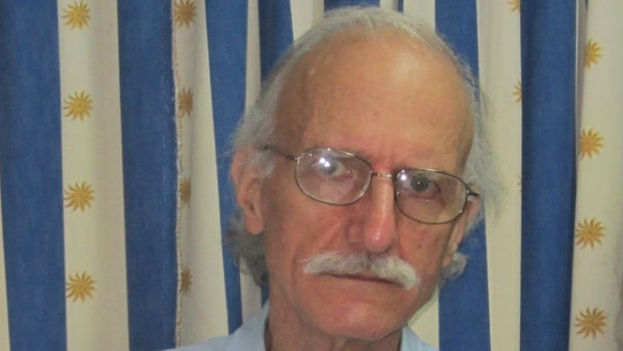
14ymedio, Mario Felix Lleonart, Havana, 1 December 2014 — Last November 4, the White House reiterated that the case of citizen Alan Gross, prisoner in Cuba for bringing electronic equipment onto the Island, is not comparable to that of the Cuban spy members of the Wasp Network and that therefore there will be no exchange.
The reaffirmation invalidates the principal objective of the Havana regime in the kidnapping of Gross and took place amidst one of the intense campaigns by the so-called International Conference for the Liberty of the Five, which more than freedom for the prisoners has as its objective making noise and gaining followers from among the naïve of the world who may still be in favor of a Caribbean totalitarianism that approaches its 60th year.
Far and wide, the name of Gross has kept petitions moving that join the regime’s proposal that he should be exchanged for the spies. The Church World Service, for example, which since its beginning in 1948 has served the interests of the extreme left, made a three-day visit to Cuba at the beginning of November in which it made clear that Gross is only its excuse, and its objective: the liberation of the Cuban spies.
Among the saga of the editorials devoted to Cuba by the New York Times, which so far add up to six, the fourth, published at the very beginning of November, aligned with the proposal for exchange contrary to the reiterations by the American government. November, by the way, concludes with the visit by the editorial writer Ernesto Londono to Cuba, and with him, also, the spirit of each editorial arrives on the Island.
The support of the Church World Service for each propagandistic slogan Havana’s political agenda is to be expected, it has always been its trajectory. Never a statement in favor of the victims of the system, always in favor of the victimizer.
But the case of the New York Times has been different, because in its history we remember positions contrary to the dictatorial excesses on the Island, as occurred in the face of the so-called Black Spring of 2003. At that time, Fidel Castro’s “Reflections” did not report favorably on the positions taken by the New York Times, nor did we see the wholesale publication of New York Times editorials in the Communist Party Organ, but all to the contrary.
Like that article in Granma of April 24, 2003, under the signature of Arsenio Rodriguez, which Reinaldo Escobar of 14ymedio reminded us of, where he stated: “…its editorial decisions are neither serious nor liberal, but they obediently comply with the defense orders of the dominant power interests of that nation,” to conclude: “…the true role of The New York Times (sic) was, is and will be to represent the essence of the empire.”
On the other hand, the New York Times has never said that those who hold political power in Cuba are a good government, what it criticizes are positions historically maintained by the United States, which from its point of view have been ineffective in achieving the dismantlement of totalitarianism on the Island and for which it proposes another policy, one of rapprochement, which some call “the embrace of death.”
Even if I do not agree with the New York Times’ thesis, I do hope that after their present visit to the island, the new editorials that are published will correct a little their current direction. For example, in the case of the fourth editorial I have the hope that Londono will not only interview Gross himself in person, but that he will explore other possible resolutions for the case that worries him, that of the spies, more feasible for an exchange and that until now he has not considered: that of the exchange of other probable spies for spies.
This has to do with cases like that of Ernesto Borges Perez, accused of spying for the United States, now confined in the Combinado del Este Prison, in his 16th year of incarceration, the same amount of time as the three who are imprisoned in the United States accused of spying for Cuba.
Under accusations similar to those of Borges are found also Rolando Sorraz Trujillo, sentenced to 25 years since 1995; Claro Fernando Alonso Hernandez, sentenced to 30 years since 1996; the team of Ricardo Alarcon, ex-president of the National Assembly of Popular Power, Miguel Alvarez, sentenced to 30 years, and Mercedes Arce, sentenced to 14; and Eusebio Conrado Hernandez Garcia, close to the ousted Carolos Lage and Felipe Perez Roque, sentenced to 20 years, which he is serving in the Guanajay prison.
It is obvious that the Cuban regime is not interested in packing off these prisoners who seem to be a high priority of general Raul Castro, but one would have to see his reaction if the United States government recognizes that the accusation under which Havana keeps in prison – with severe penalties – these Cubans were correct and were to take an even further step, weighing as more valid the option of exchanging for them the three Cuban spies in United States territory.
Maybe the New York Times, which likes to look for the fifth leg to the table, will redirect its proposal and expose this more comparable option. And that, of course, the exchange of spies for spies will be produced with the antecedent liberation of Alan Gross, who evidently did not spy for anyone and finds himself unjustly imprisoned in Cuba.
Translated by MLK

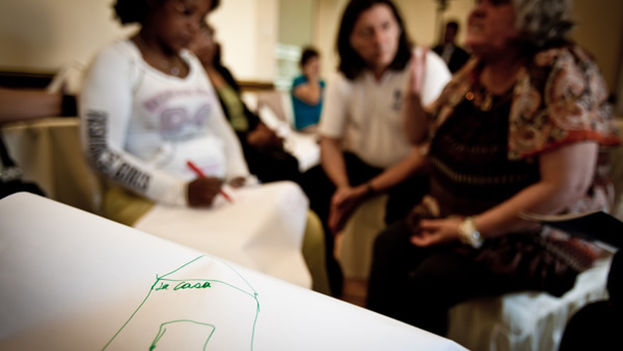

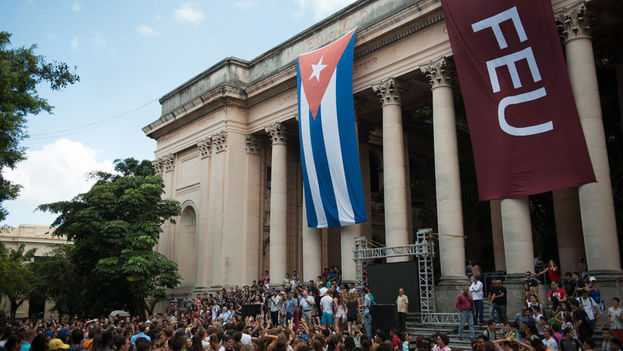
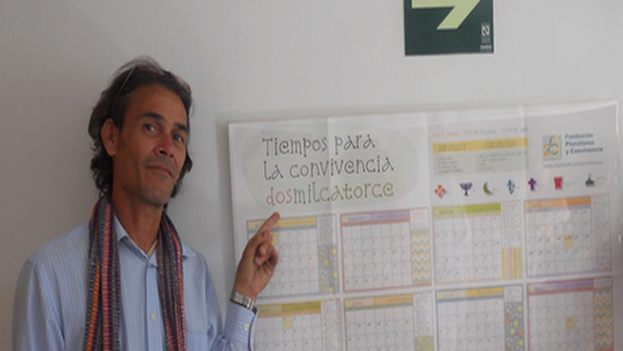

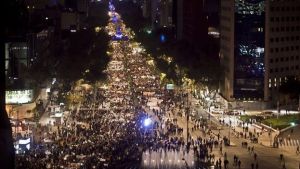

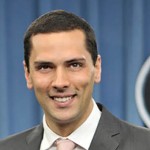
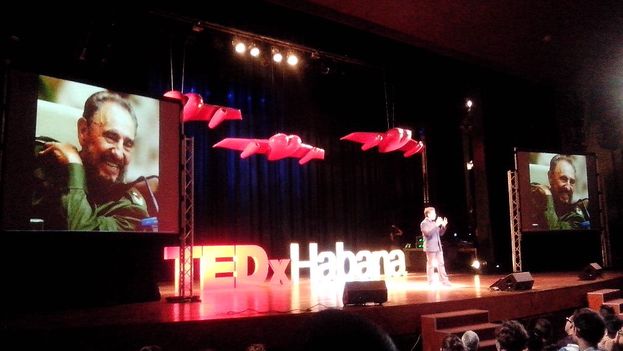
![Vendors at a bus stop in Havana (14ymedio)]](https://translatingcuba.com/wp-content/uploads/2014/11/Vendedores-parada-Amnibus-Habana_CYMIMA20141120_0002_13.jpg)
